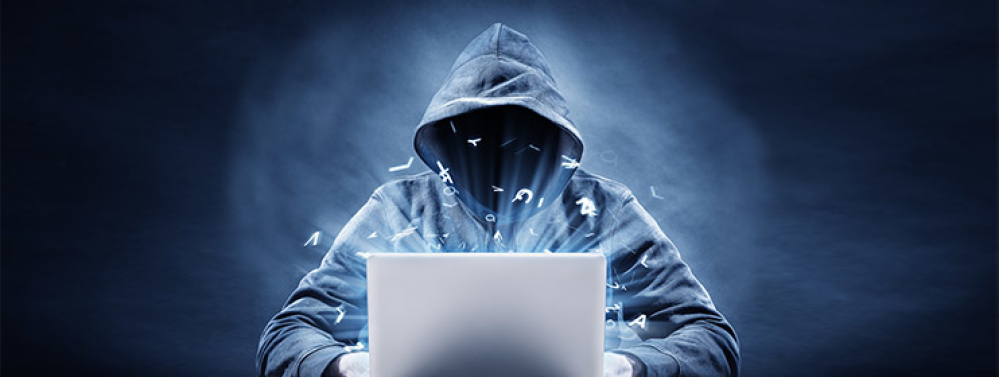Taking on the trolls: How to protect your brand from impersonators
10 Mar 2016

We love social media. It’s a great way for brands to engage with their customers, reach new audiences and gather customer feedback, amongst other things. But sometimes it can go horribly wrong.
While social scandals are often what haunt community managers’ dreams, social media is also a breeding ground for internet trolls and cyber bullies who partake in something a lot more sinister. Which is why the Crown Prosecution Service (CPS) has just announced that adults who use fake online profiles to harass others on social media should be prosecuted under new guidelines being proposed in England and Wales.
It seems like a no-brainer. LinkedIn has seen dozens of fake profiles set up by hackers, and Facebook estimated in 2012 that it had tens of millions of illegitimate accounts. These fake accounts can be used by people posing as their victims to post embarrassing images or messages, and are often set up as a way of getting revenge against former partners (or even attracting new ones), or can be used for scamming or spreading viruses.
But it isn’t just unlucky individuals whose identities are being stolen – brands are just as at risk of being impersonated on social media. Qantas learned this first-hand last year when an official-looking Facebook page titled Qantas Airline offered followers the chance to win complimentary first class flights if they liked and shared the post. The fake competition gained more than 85,000 likes, over 15,000 comments and over 100,000 shares before it was taken down.
When it comes to lying about who you are online, brands can be part of the problem, too. Businesses have been known to set up fake profiles to boost their page likes or even post fake reviews or trash a competitor on review platforms. Consumers aren’t stupid, and more often than not they know when a brand is being economical with the truth. It’s a risk that rarely pays off – and it can result in big trouble for the business involved.
So how can brands protect themselves and stay out of trouble on social media?
Claim your brand name on all social media platforms
It’s a good idea to sign up even for the networks you aren’t using and don’t plan to use so your brand name can’t be registered by scammers.
Make sure you know how to report fake accounts
Take some time to understand what you’d need to do in a situation where someone is impersonating your brand online. Facebook’s instructions are here, Twitter’s are here and LinkedIn’s are here.
Make a public statement if anything does goes wrong
Instead of just hoping it’ll go away, the best thing to do is to be honest and address the situation in a statement. That way, you’ll be able to warn your customers of any risk and minimise the damage to your reputation.
Don’t run the risk of setting up fake accounts
It might seem like a harmless task that helps to boost your number of page likes – but creating fake profiles will never pay off. It’s obvious, it’s untrustworthy, and you’re likely to end up being reported.
Get permission when posting users’ images
Needless to say, social media is a two-way street and protecting your own presence involves respecting those of others. To avoid falling foul of the guidelines, always ask for permission before posting a user’s image or other type of content – to an appropriate, positive end, obviously. It’s also good manners, and may just help brands build a positive relationship with potential customers.
Want to know more about monitoring your social channels? From building a positive social presence to mastering the art of social customer service, our free eguide is full of great advice from our experienced community management team. Download ‘Better brand advocacy through multi-channel monitoring’ now.
If you want more information, or need help with your digital marketing get in touch.

_56bb6c6b782e9.png)
Please login to comment.
Comments